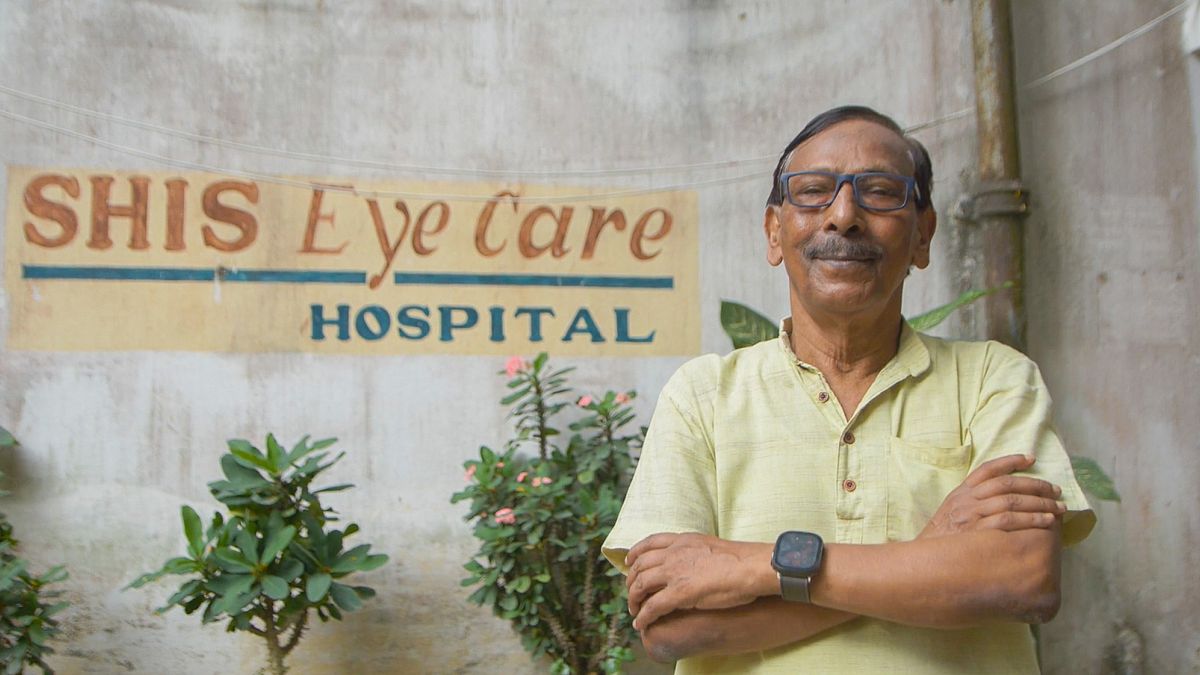

In today’s interconnected world, communities and governments strive to navigate pressing humanitarian and legal challenges. Recent reports from across the globe highlight the ongoing efforts and controversies surrounding healthcare, human rights, and electoral reforms.
One inspiring initiative has emerged in India’s Sundarbans, an area where approximately 10 million individuals lack easy access to medical facilities. Here, floating hospitals traverse the waterways, providing essential healthcare to isolated populations. These mobile medical units are a lifeline to those otherwise cut off from routine health services, offering a beacon of hope and wellbeing to a significant number of people. Their arrival on the tranquil rivers evokes a seamless blend of innovation and care, ensuring that medical attention reaches the farthest corners.
Moving to El Salvador, a different yet equally complex challenge unfolds. Concerns have been raised about the treatment of migrants at a secretive facility known as the Cecot site. Delia Ramirez, a United States Congress member, has called for a congressional hearing to address allegations of human rights abuses within the facility. She highlights the use of federal funds directed towards the detainment of nearly 300 immigrants since the beginning of former President Donald Trump’s second term. These concerns emphasize the ongoing dialogue between human rights and immigration policies, seeking a balance between securing borders and ensuring humane treatment.
In South America, a new form of outreach is taking shape in Brazil’s Javari Valley. Missionary groups have deployed solar-powered audio devices within protected Indigenous territories, aimed at evangelizing isolated communities. This initiative, while designed with spiritual intentions, has sparked debate due to its potential impact on these groups and the broader implications of circumventing governmental safeguards intended to protect Indigenous cultures. As modern technology meets age-old traditions, dialogues continue on respecting the sovereignty of Indigenous communities while accommodating religious freedoms.
In New Zealand, the political landscape is seeing its own set of challenges as it navigates changes in electoral laws. Prime Minister Christopher Luxon’s government plans to overhaul the current system, which has raised alarms regarding potential breaches of human rights and the disenfranchisement of Māori populations. Key proposals include a ban on prisoner voting and restrictions around voting stations. Despite assurance from the government about modernizing outdated protocols, these measures are being carefully scrutinized to ensure inclusivity and fairness align with the nation’s democratic ideals.
Australia presents another instance where legal and health system improvements are being strongly advocated. A recent inquest into the death of Heather Calgaret, an Aboriginal woman, in custody has led to recommendations for a comprehensive overhaul of the healthcare services within the Victorian prison system. The coroner’s findings spotlight the critical need for systemic changes to prevent future tragedies and uphold the dignity and rights of all individuals, regardless of their circumstances or status. The report is a call to action, reinforcing the need for respectful and effective healthcare solutions for incarcerated populations.
Together, these stories from different parts of the world demonstrate a spectrum of ongoing efforts and challenges that societies face. Whether through innovative healthcare solutions, protecting human rights, respecting cultural and religious diversity, or ensuring fair electoral processes, each narrative contributes to a broader understanding of the universal pursuit of justice, equality, and human decency.
Source: {link}
